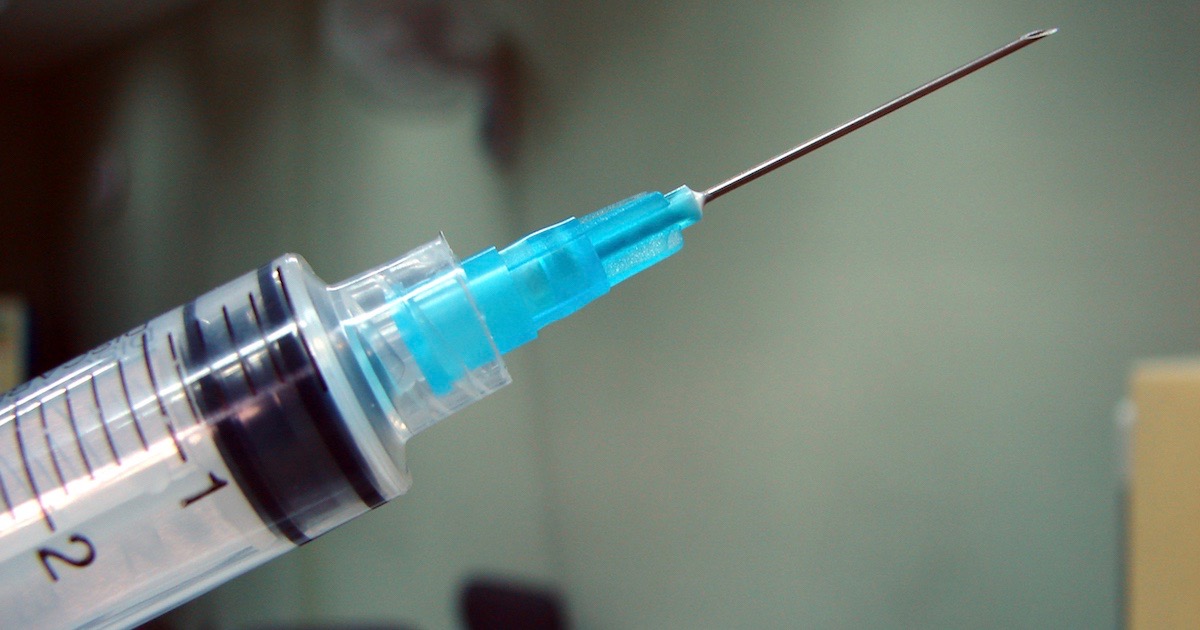Options For Treating A Sebaceous Cyst
Sebaceous cysts, a common condition, are noncancerous cysts that lie under the skin. These are pockets of material produced by the body that usually show up on the face, neck, torso, scalp, and wrists. Many times, sebaceous cysts are filled with fluid, and other times they are filled with a firmer material of skin cells and can be hard. The cysts grow over time and can be irritating and embarrassing. Sebaceous cysts are generally not painful, but if they continue to grow, they can become painful and uncomfortable. There are several things individuals can do to ease the symptoms of sebaceous cysts, get rid of them, and make sure there are no complications. Learn about them now.
Surgical Cyst Excision

Even though sebaceous cysts are typically benign, they may become uncomfortable or painful. When this happens, patients might opt to consult a doctor for surgical cyst excision. They should not try to pop or pick at the cyst themselves, as this can lead to infection. Surgery is the only way to ensure the sebaceous cyst does not return, though it will leave a scar. Therefore, depending on where the cyst is, it might influence a patient's decision to have it surgically removed or not. The surgery usually requires the doctor to locally numb the are. One method of removing the cyst is to use a scalpel to make a small incision or a conventional incision in the skin and remove the cyst. Then, they will close the would with a few stitches. Another method is a laser punch, which allows a laser to make a small hole to drain the contents. The cyst and its contents will be sent away to a lab to confirm it is benign.
Keep reading for more options for treating a sebaceous cyst.
Antibiotic Ointment To Prevent Infection

It is important for individuals to keep the area over and around the sebaceous cyst in good condition. If there is a breakdown of skin or if the cyst ruptures, it can cause an infection. If there is just some irritation, using antibiotic ointment to prevent infection should be done. However, if the cyst ruptures, patients should probably see a doctor to make sure the rupture did not cause a hole that needs more attention than an ordinary wound. Sometimes, if the wound is too large, it must be packed with medical gauze to promote draining of the site. As the wound heals, less and less gauze is needed until the opening is fully closed. Allowing the wound to drain will reduce the chance of infection and promote healing. Additionally, individuals do not want to try to pop sebaceous cysts themselves because it can result in the bacteria going deeper into the skin and causing more cysts to develop.
Get the details on the next method of treating sebaceous cysts now.
Sebaceous Cyst Drainage

Sebaceous cyst drainage can happen through natural measures or medical intervention. Sometimes a cyst will rupture, and drainage will occur. If this happens, individuals must ensure they take care of the wound properly to prevent infection. Other times, a doctor may need to drain the sebaceous cyst by making a small cut and pushing out the cyst's contents. The doctor will also clean the area using an antiseptic solution to help reduce the chance of infection. This can be necessary if the cyst ruptures. However, this method of getting rid of sebaceous cysts may result in the cyst coming back because the sac was not removed.
Discover additional ways to treat sebaceous cysts now.
Warm And Moist Compress

Using a warm and moist compress will help ease any discomfort the sebaceous cyst might be causing, especially if it is infected. The warm compress will also help move the fluid of the cyst to the surface, up through a hair follicle, and drain the fluid and material from inside. The contents of the sebaceous cyst, if it drains, will smell bad because it contains bacteria, so patients should not be alarmed. This method will take a little bit more time because individuals will need to continue putting warm compresses on the cyst several times a day until it drains. But this will reduce the need for the doctor having to lance or pop the sebaceous cyst. However, as with some other methods, it will increase the chance of recurrence.
Uncover the next option for treating a sebaceous cyst now.
Medication To Reduce Swelling

If a sebaceous cyst is swollen, it is possible to inject medication to reduce swelling. Patients can also take over-the-counter medications, like acetaminophen or ibuprofen, to reduce swelling. This might be necessary before the doctor performs any surgical intervention, as doctors should try not to remove a sebaceous cyst when it is swollen or infected, since no one wants the infection spreading further, which can cause more sebaceous cysts to pop up. Of course, patients should heed their doctor's suggestions, and if they think the cyst needs to be removed right away, regardless of the risk, they should have it done. If medications are not helping with the swelling, patients should see a doctor.